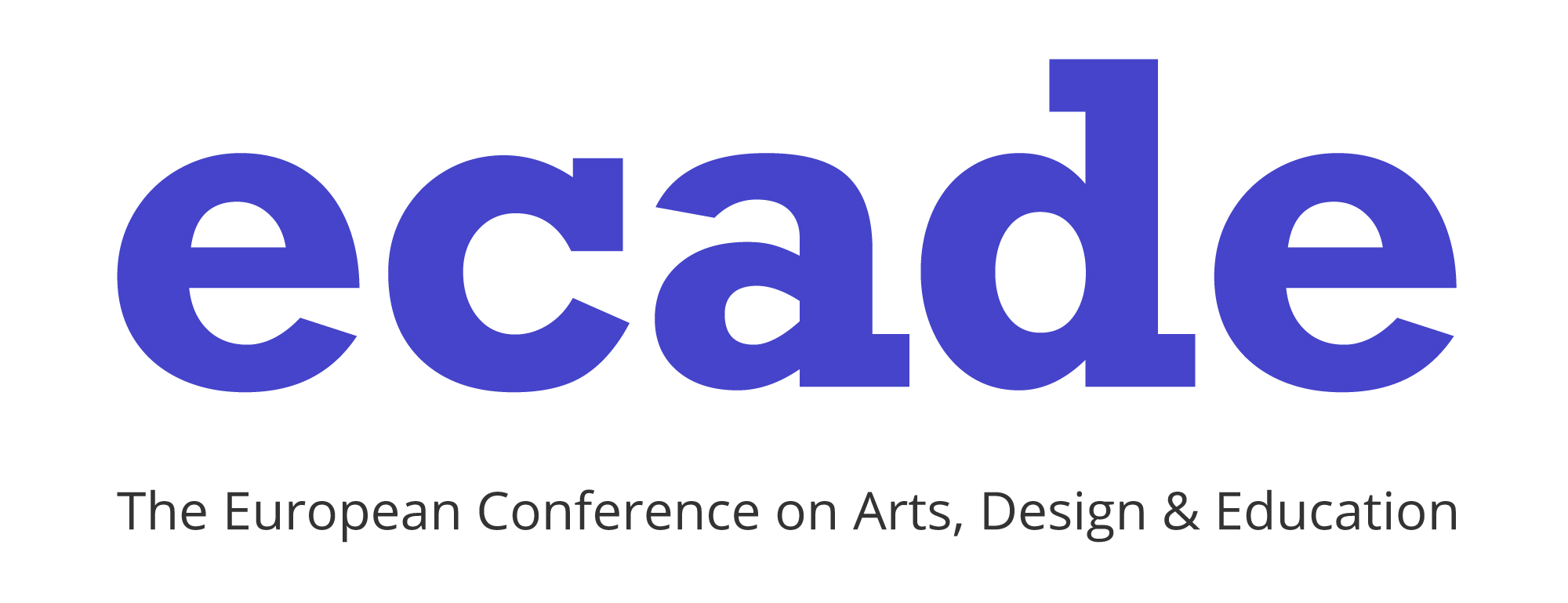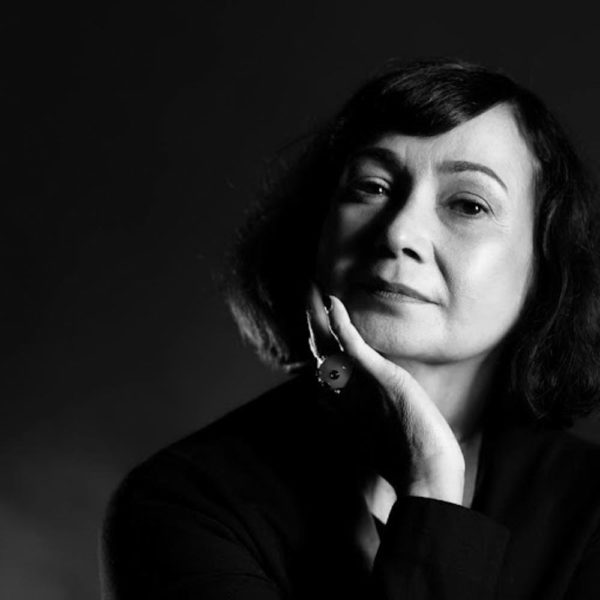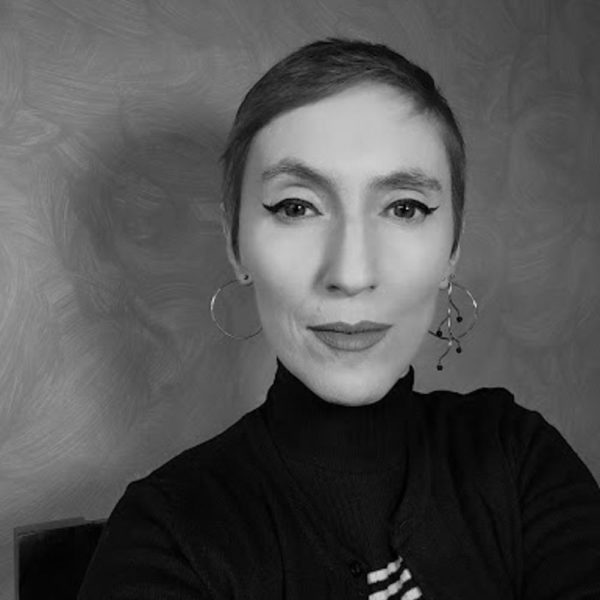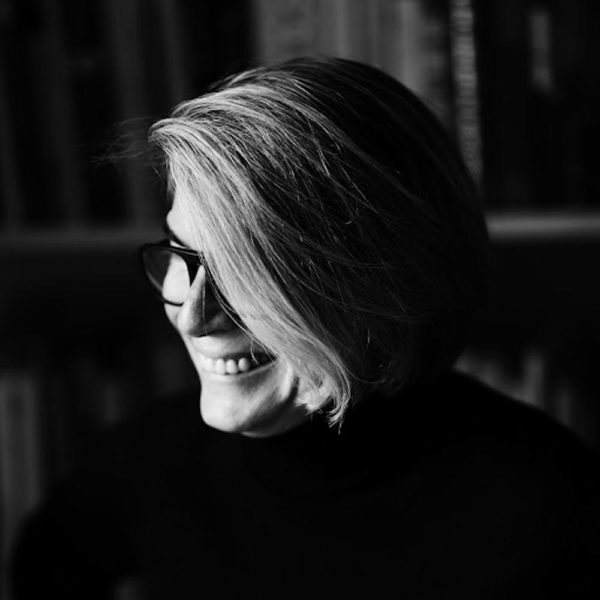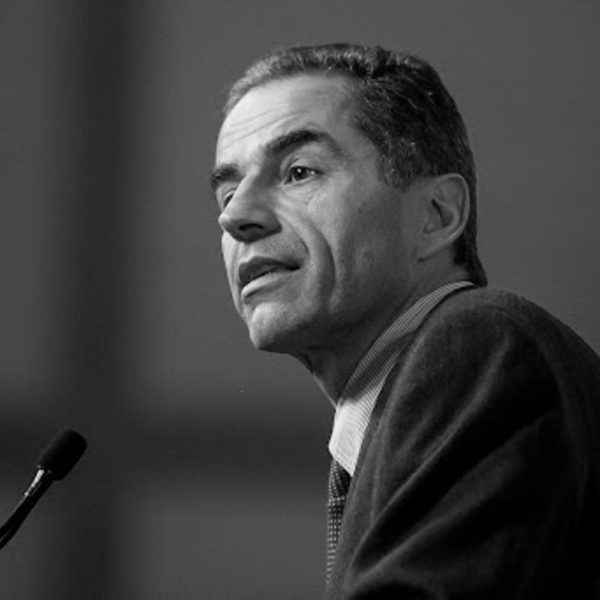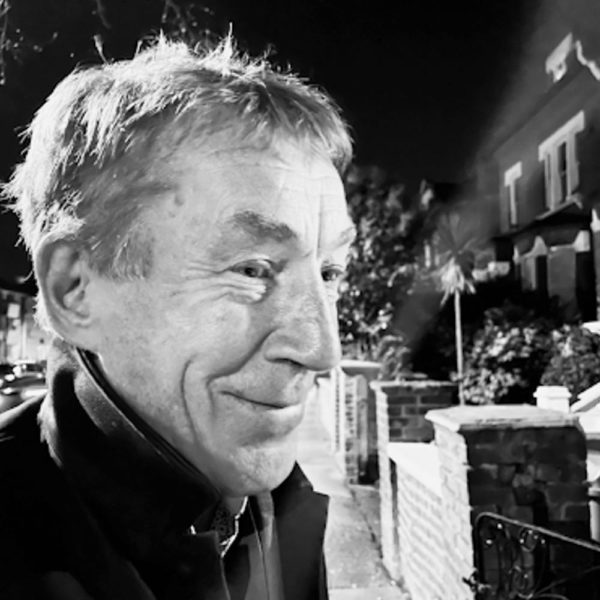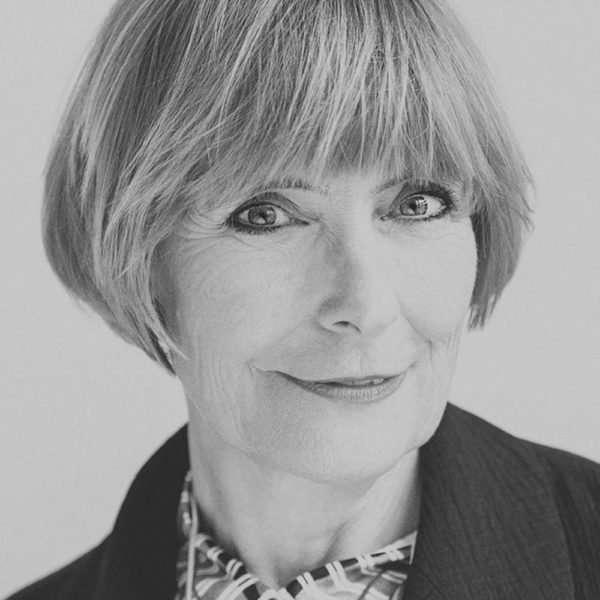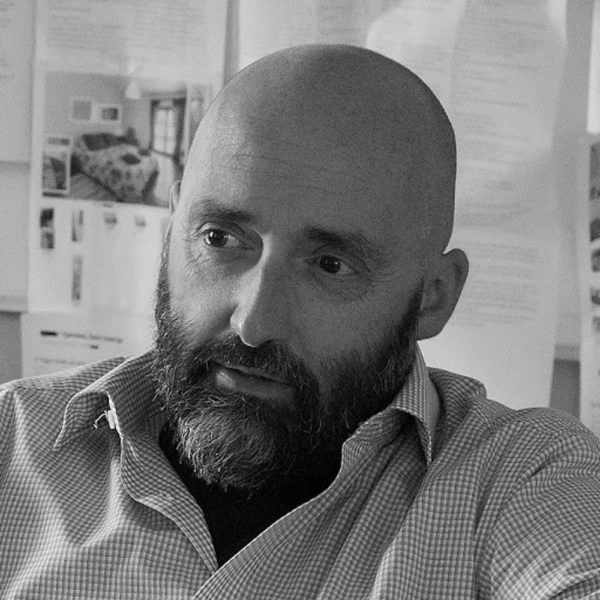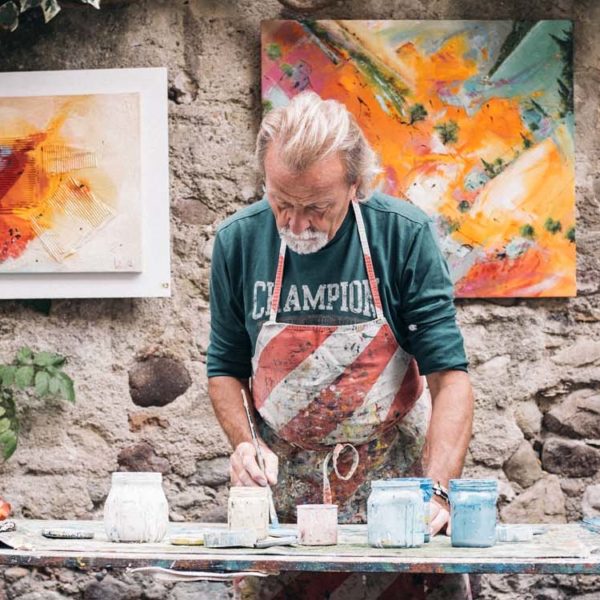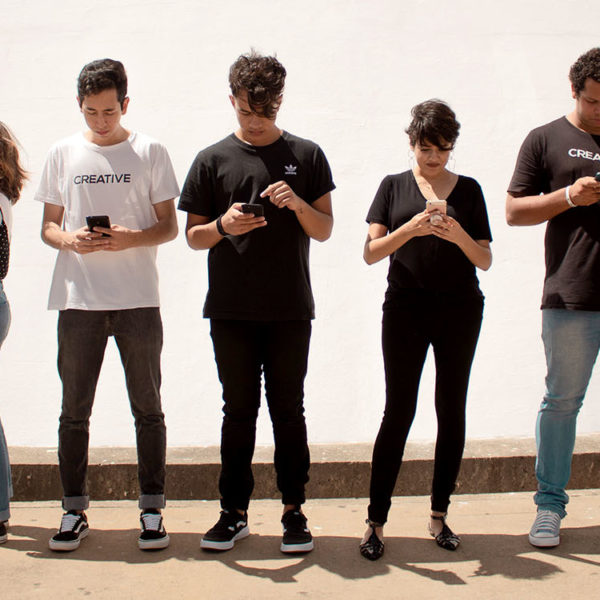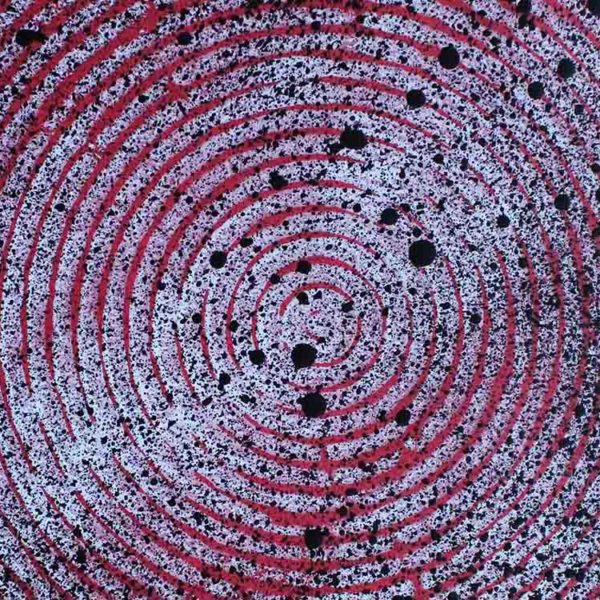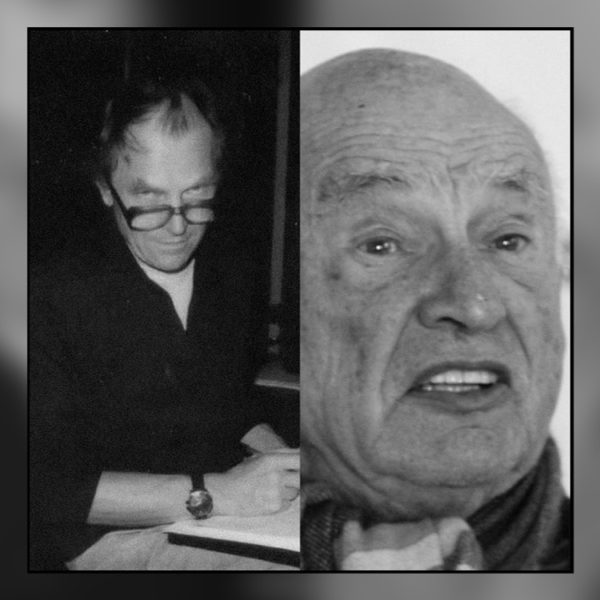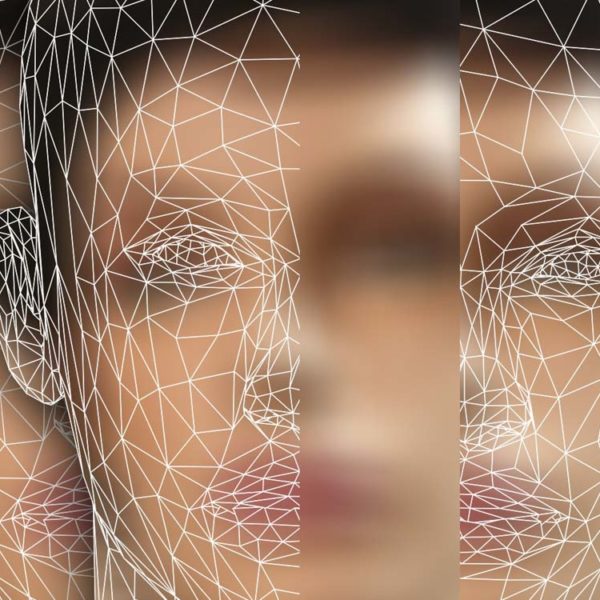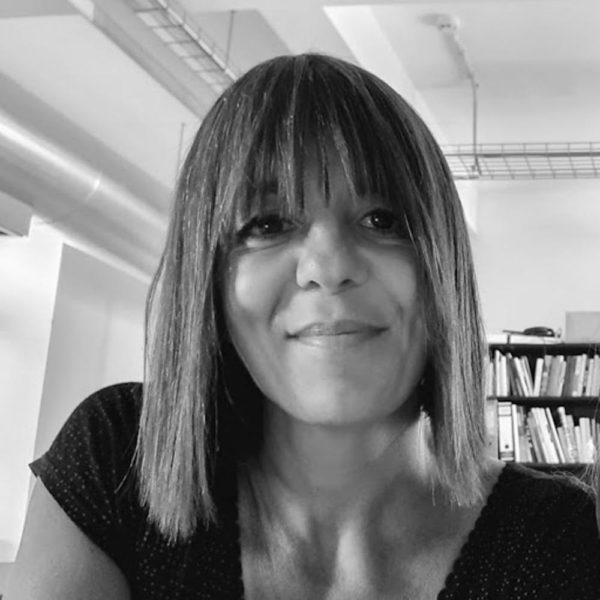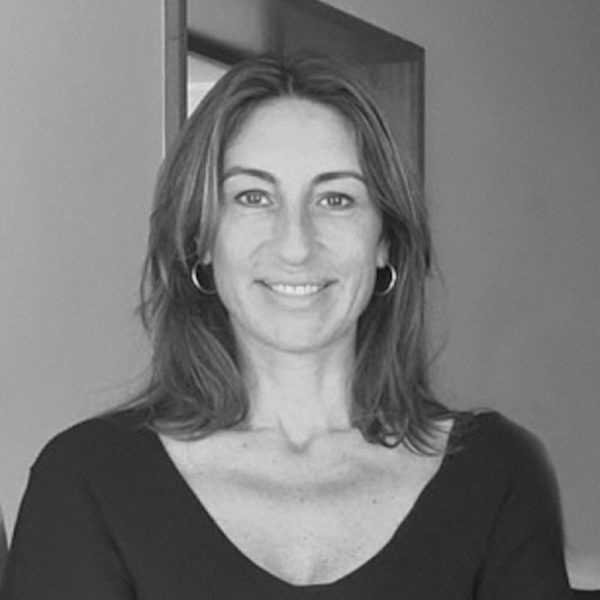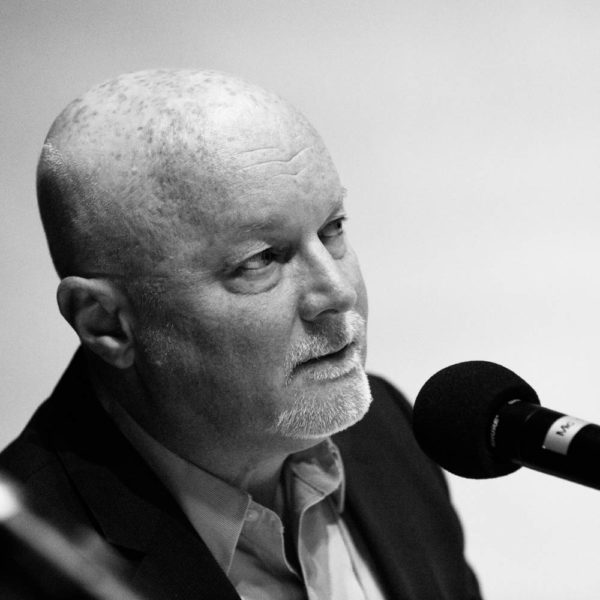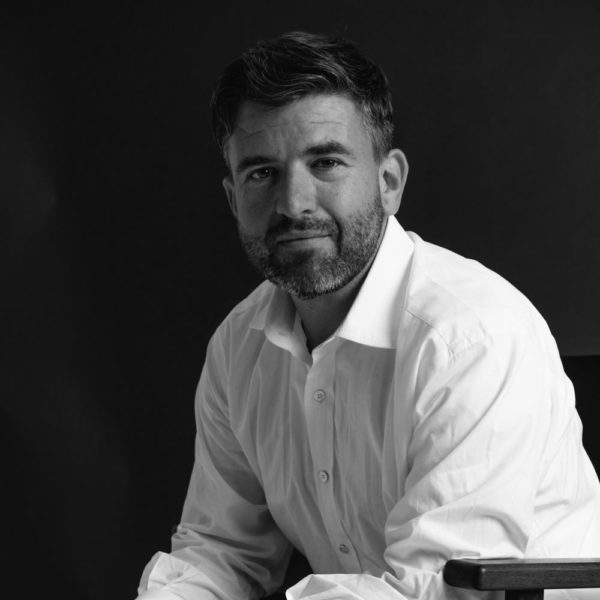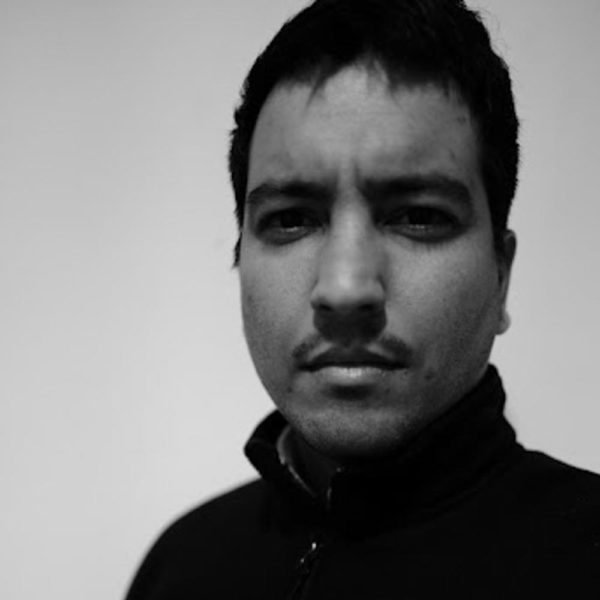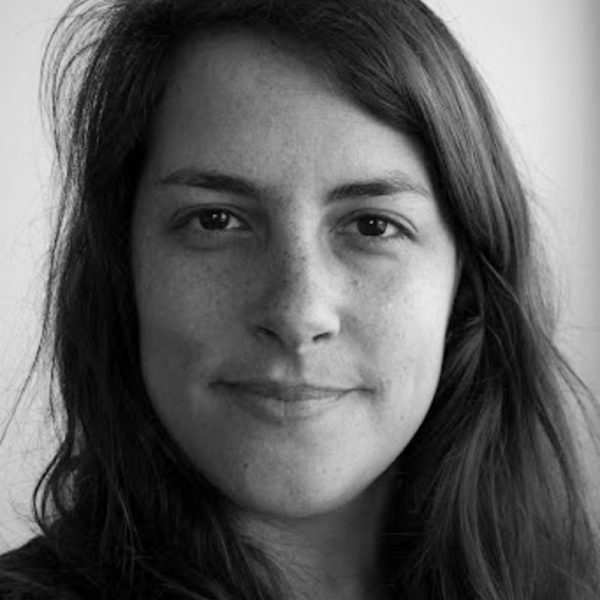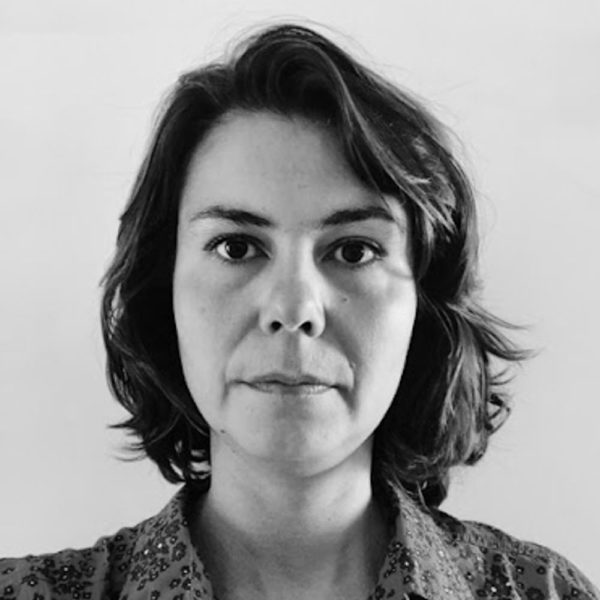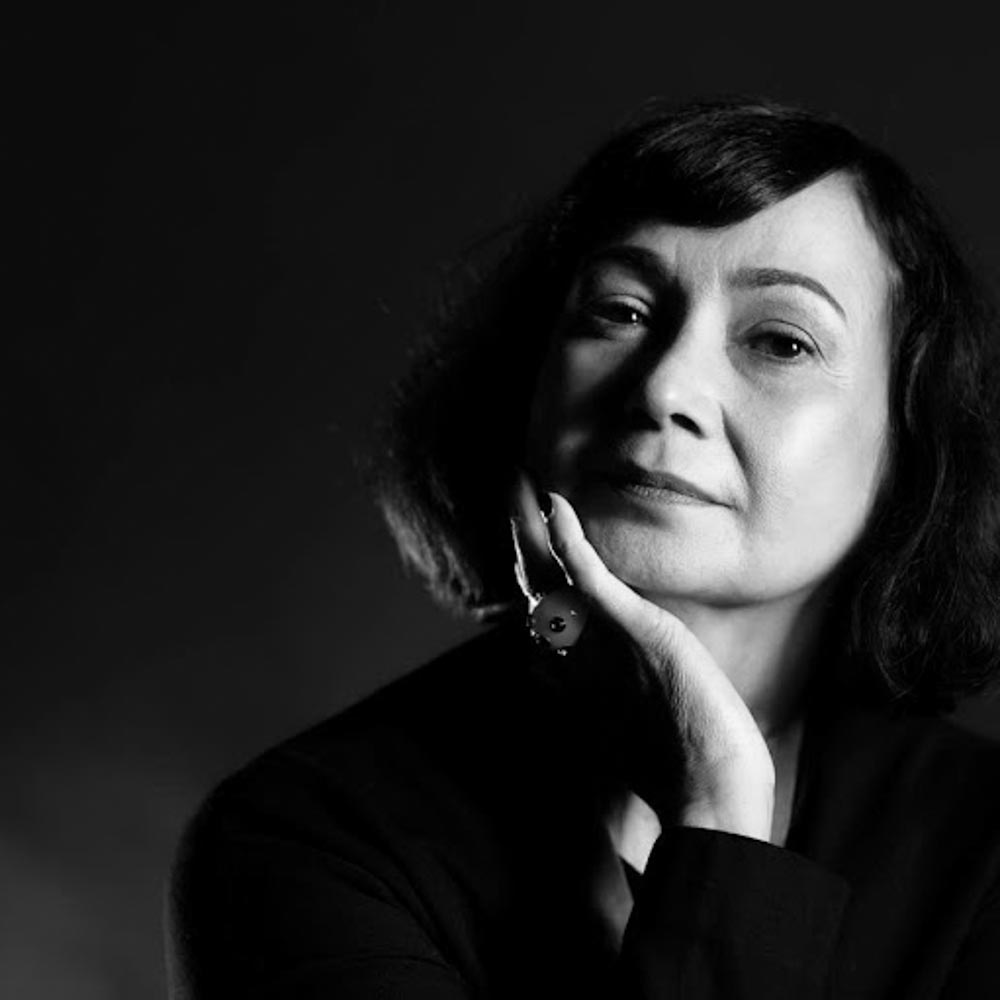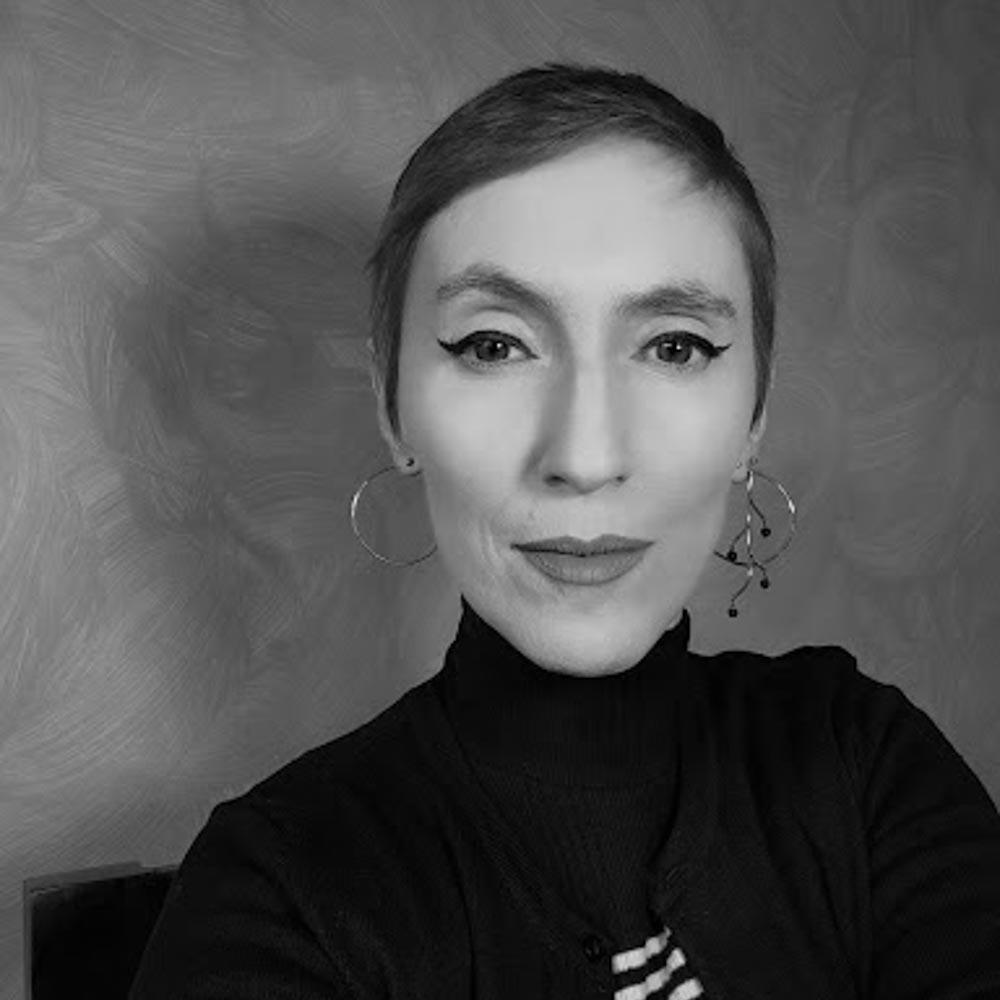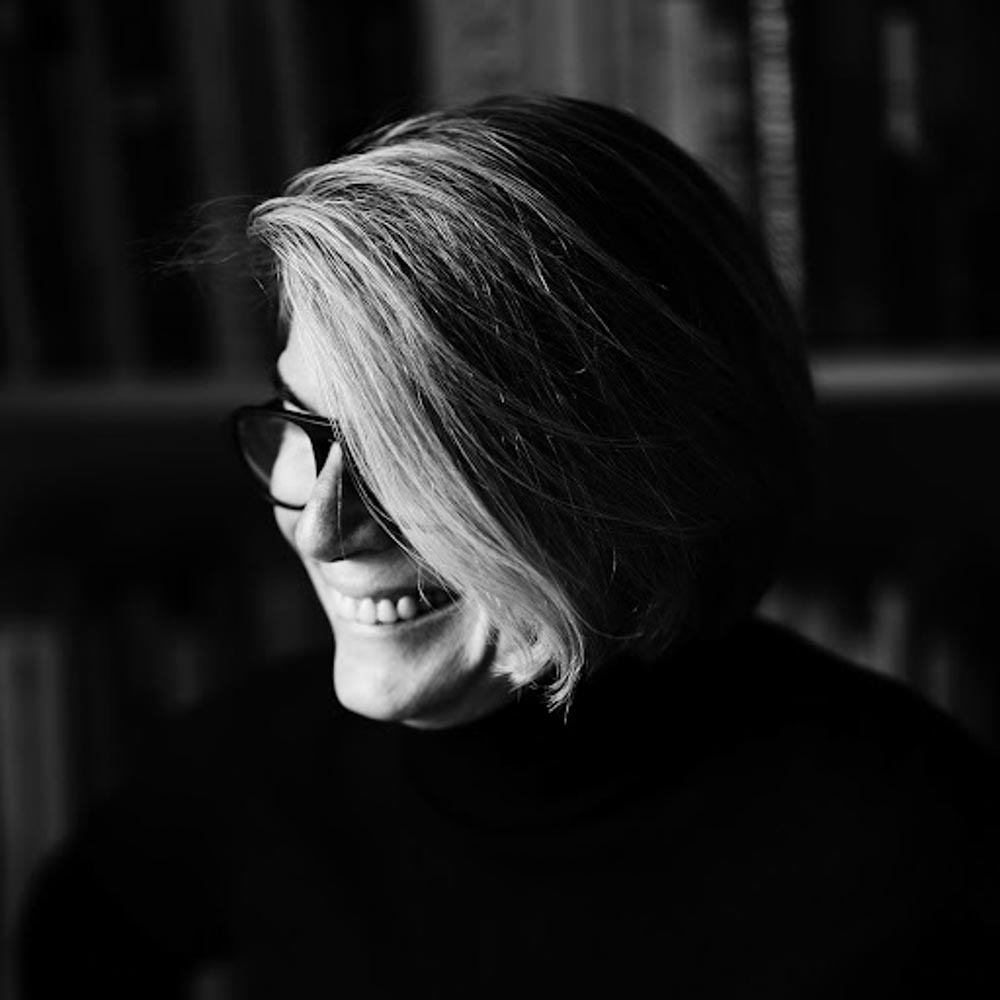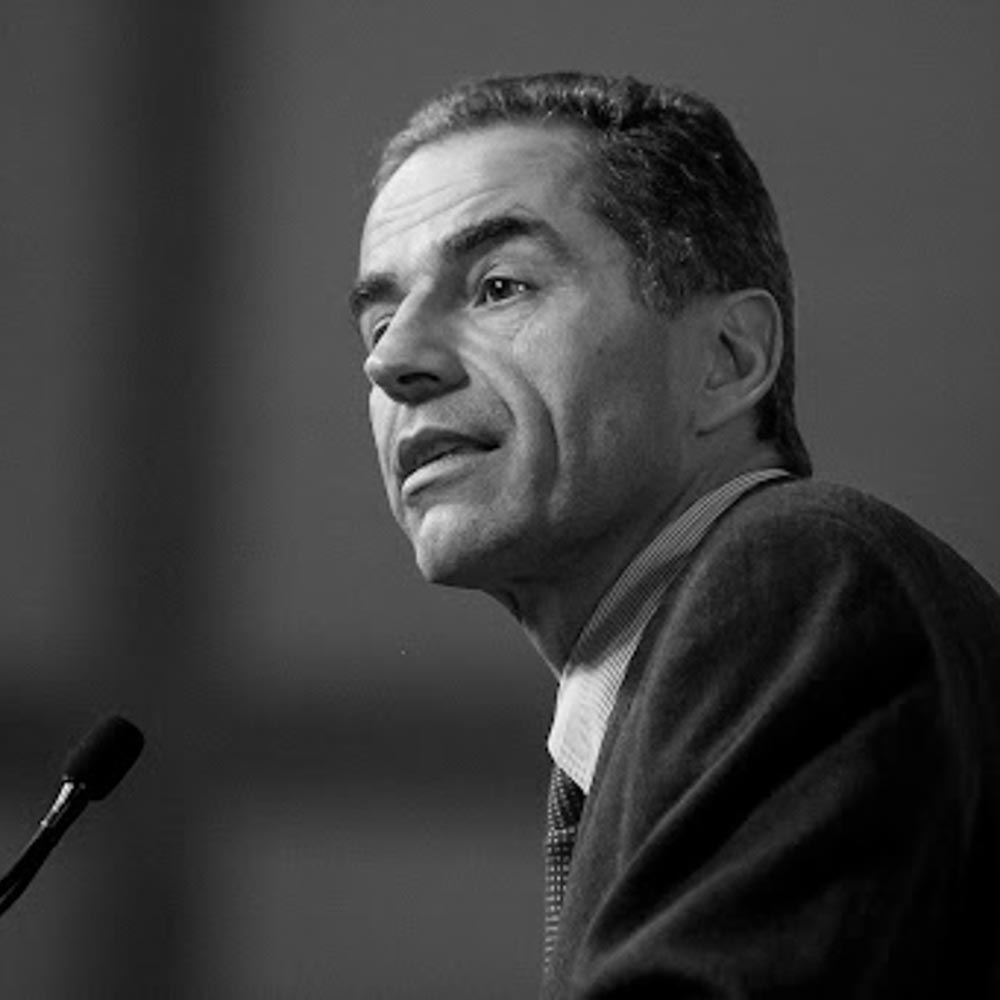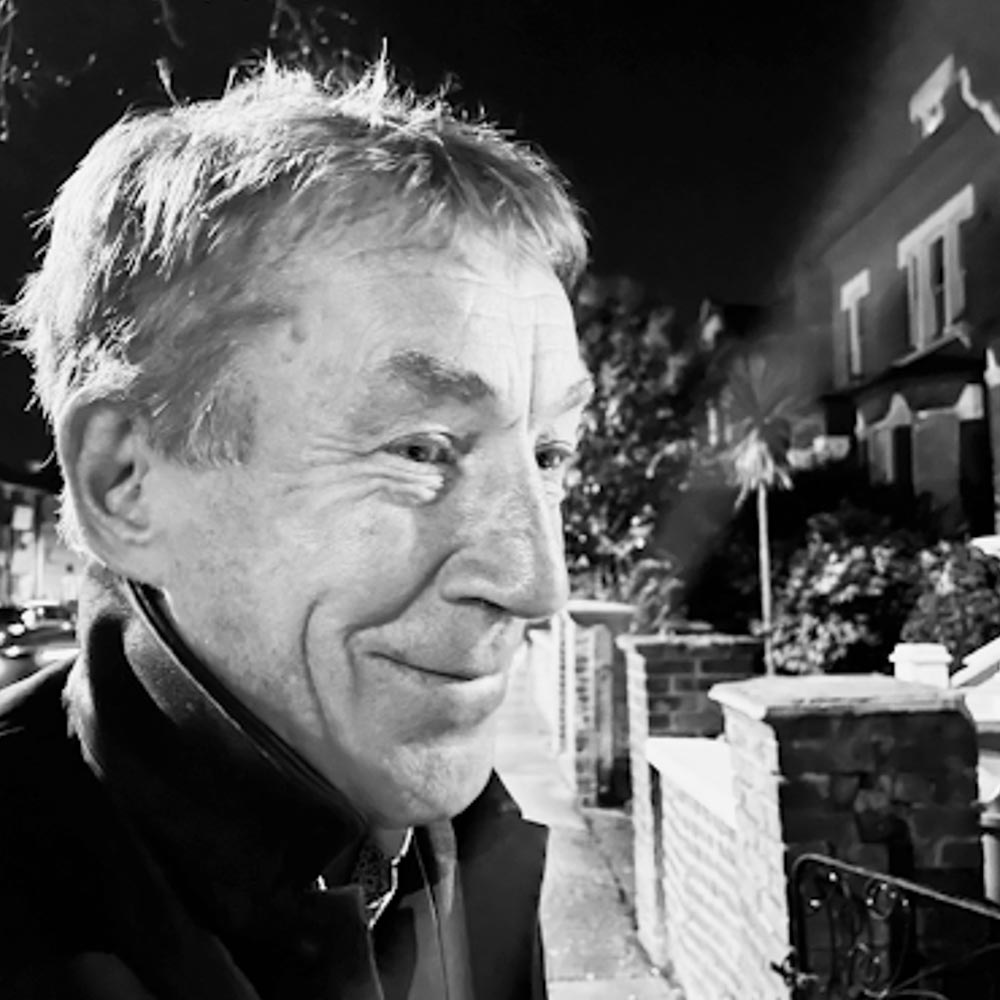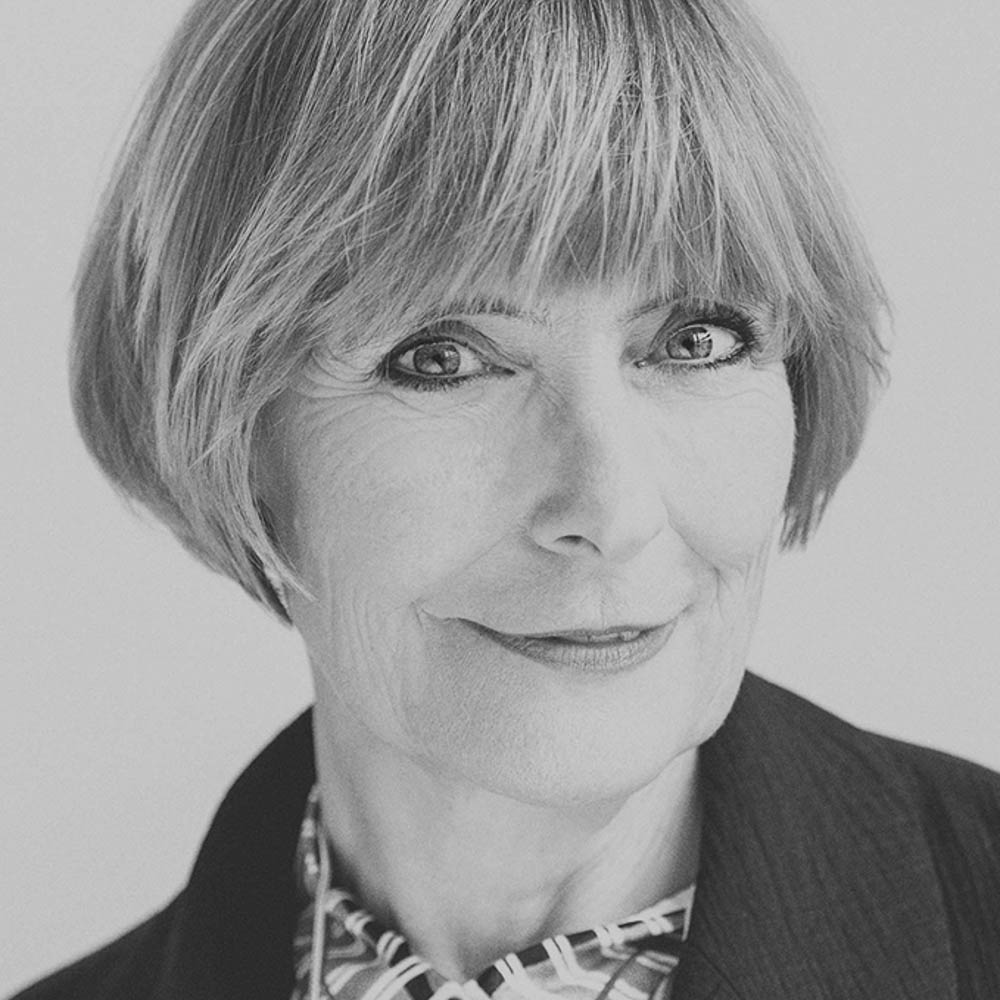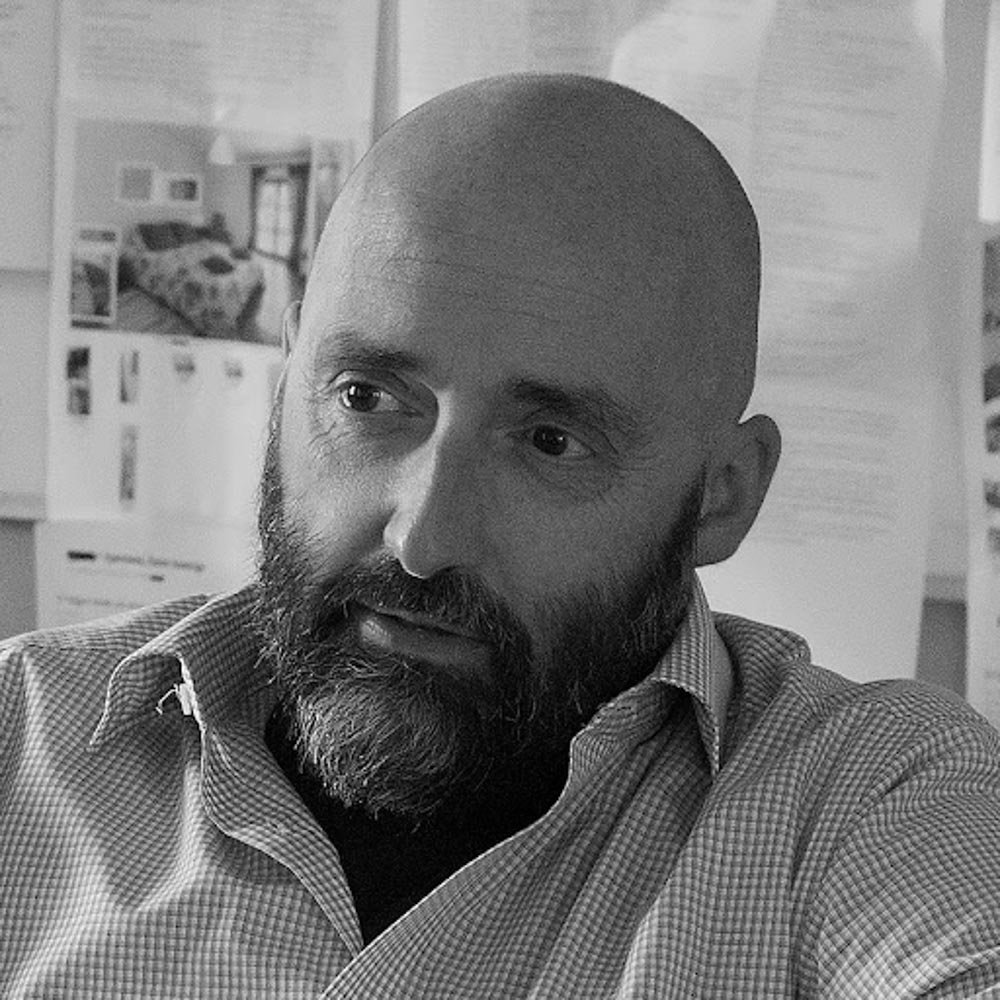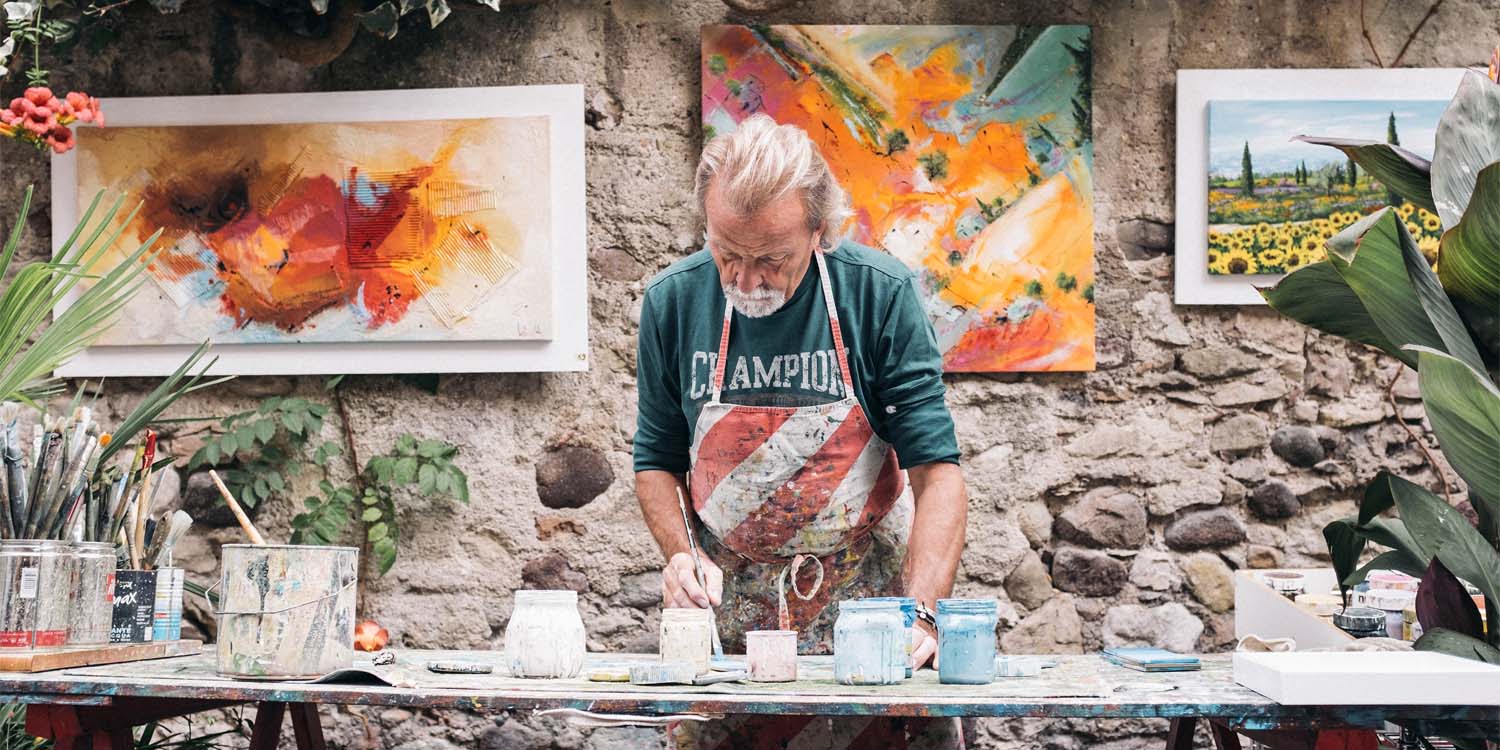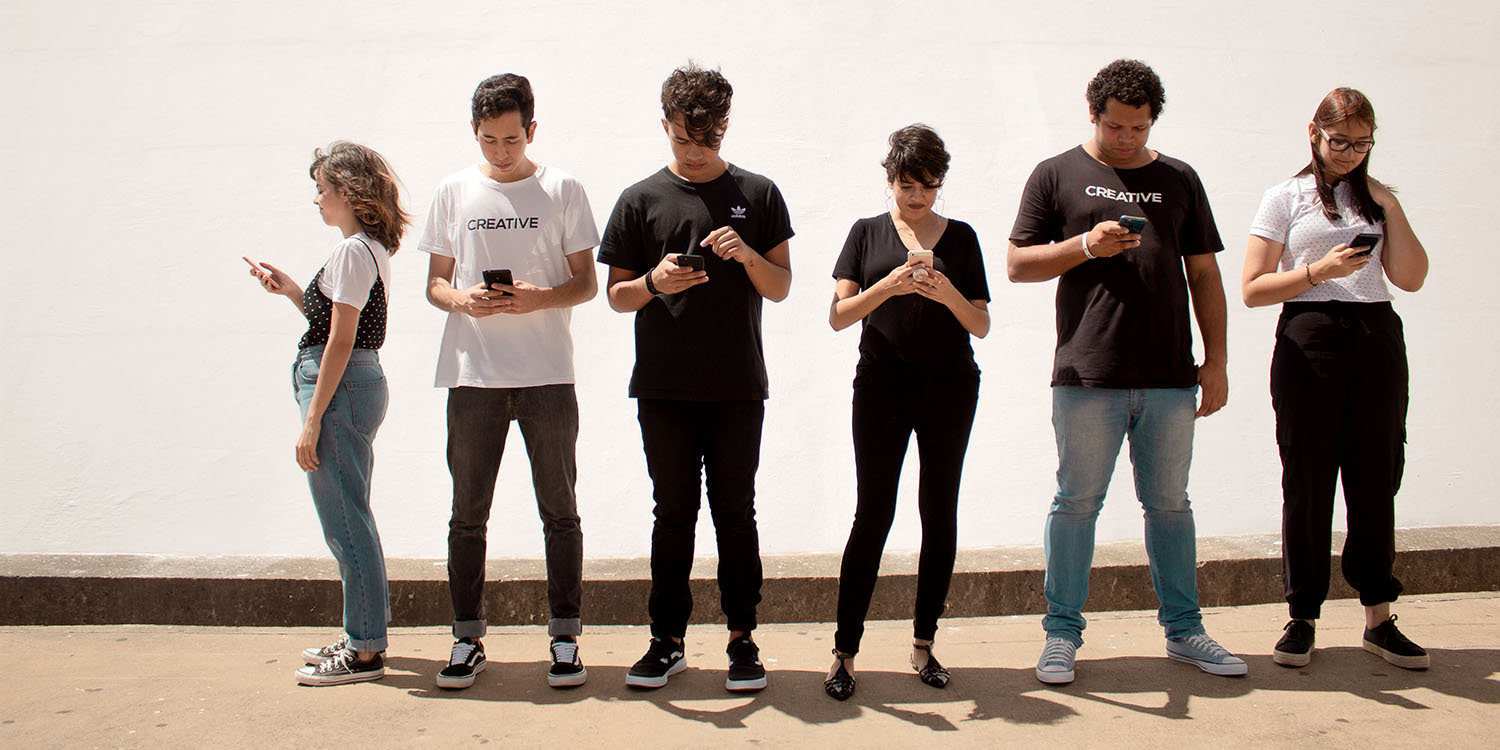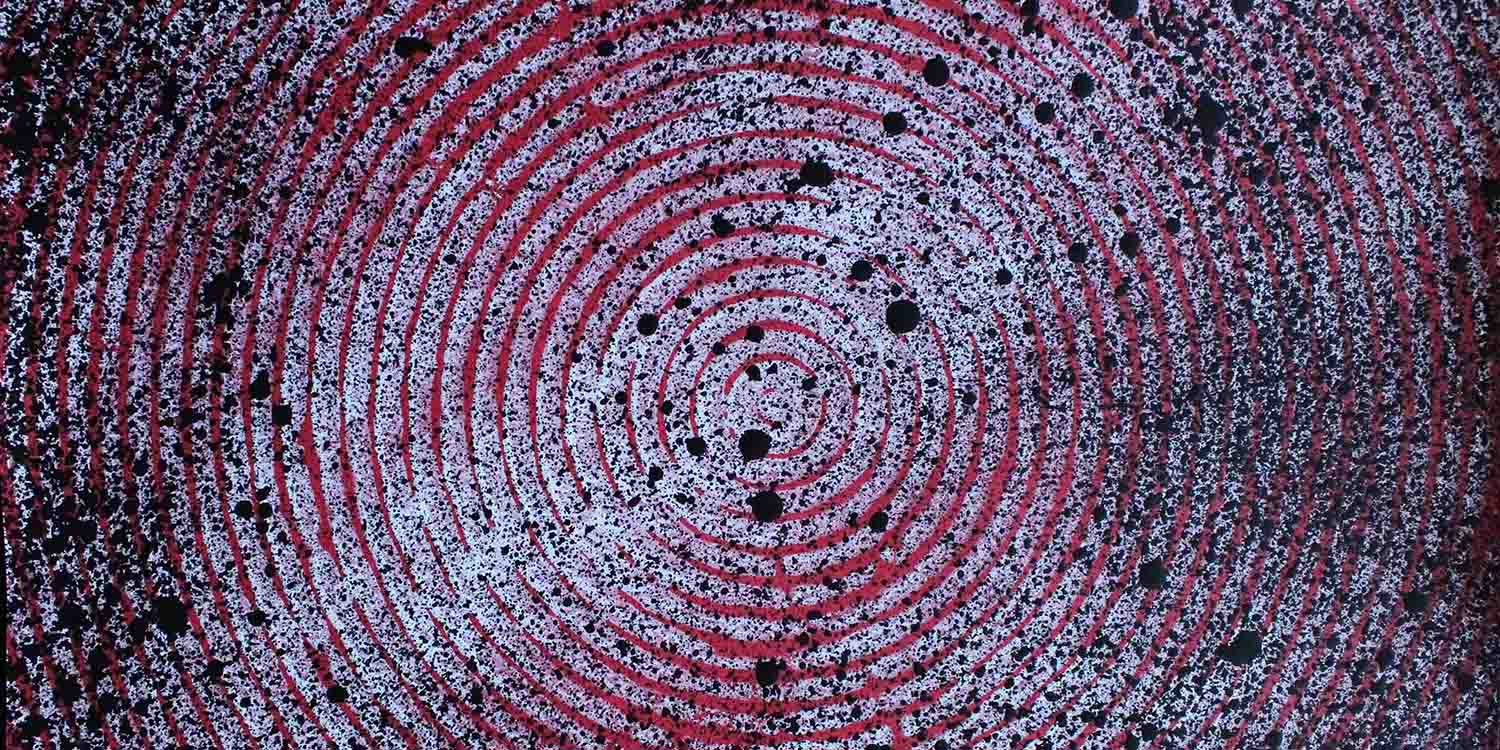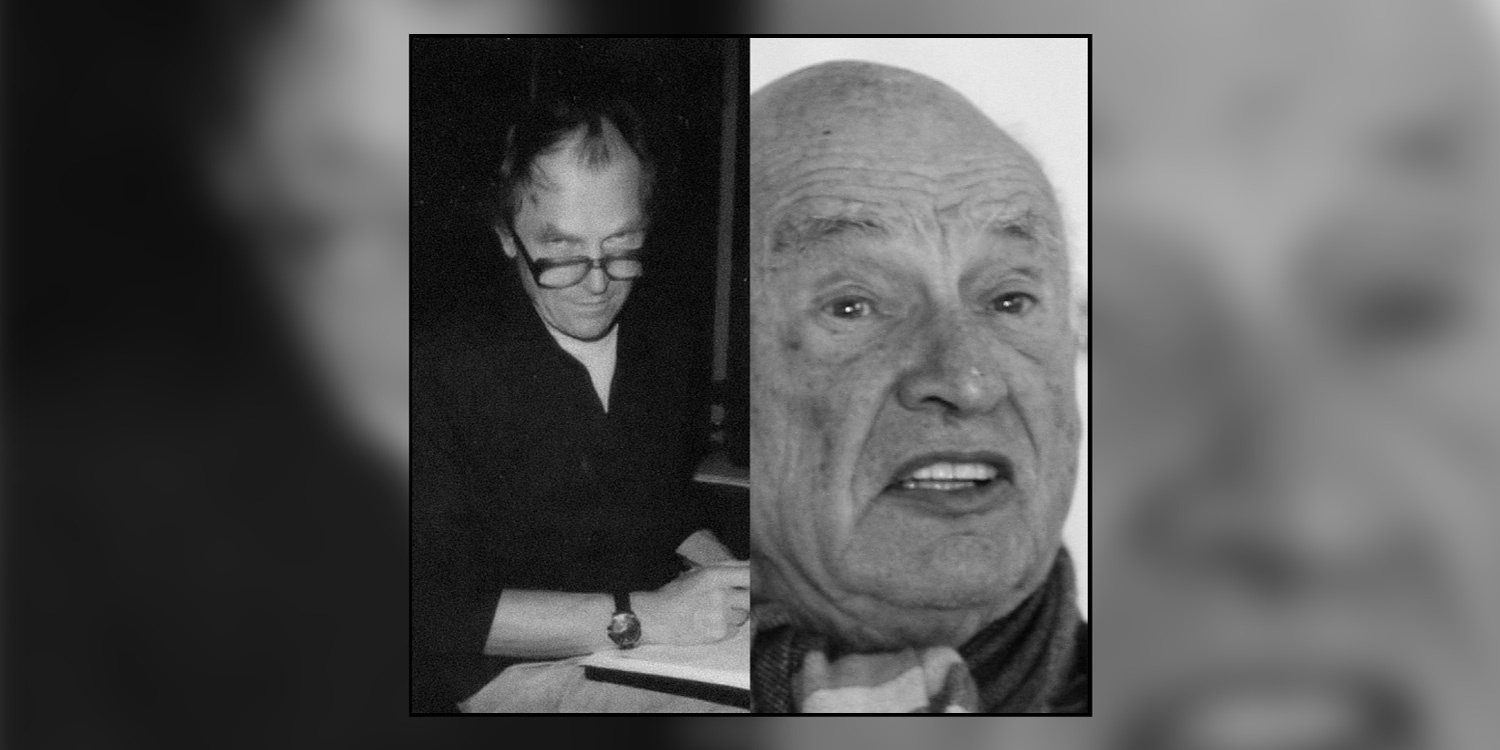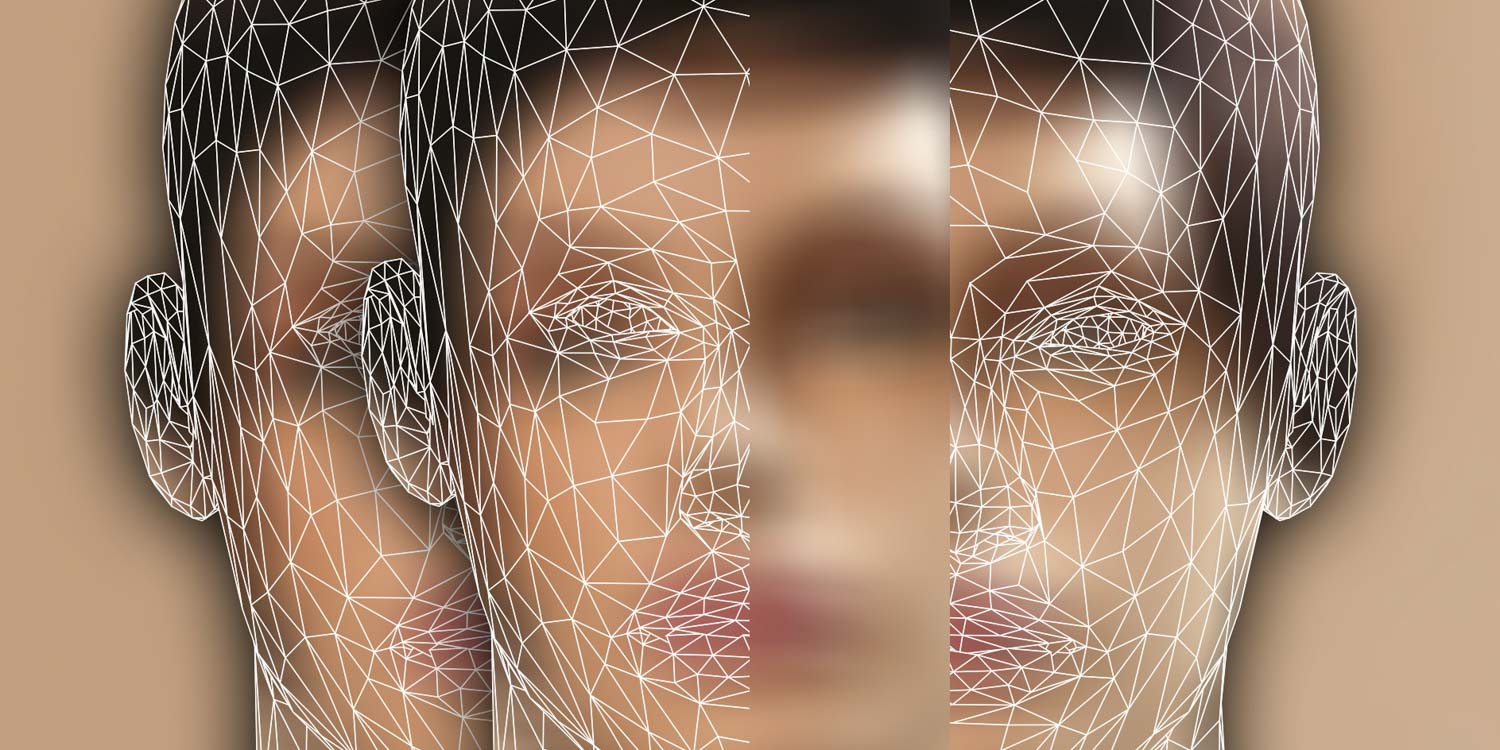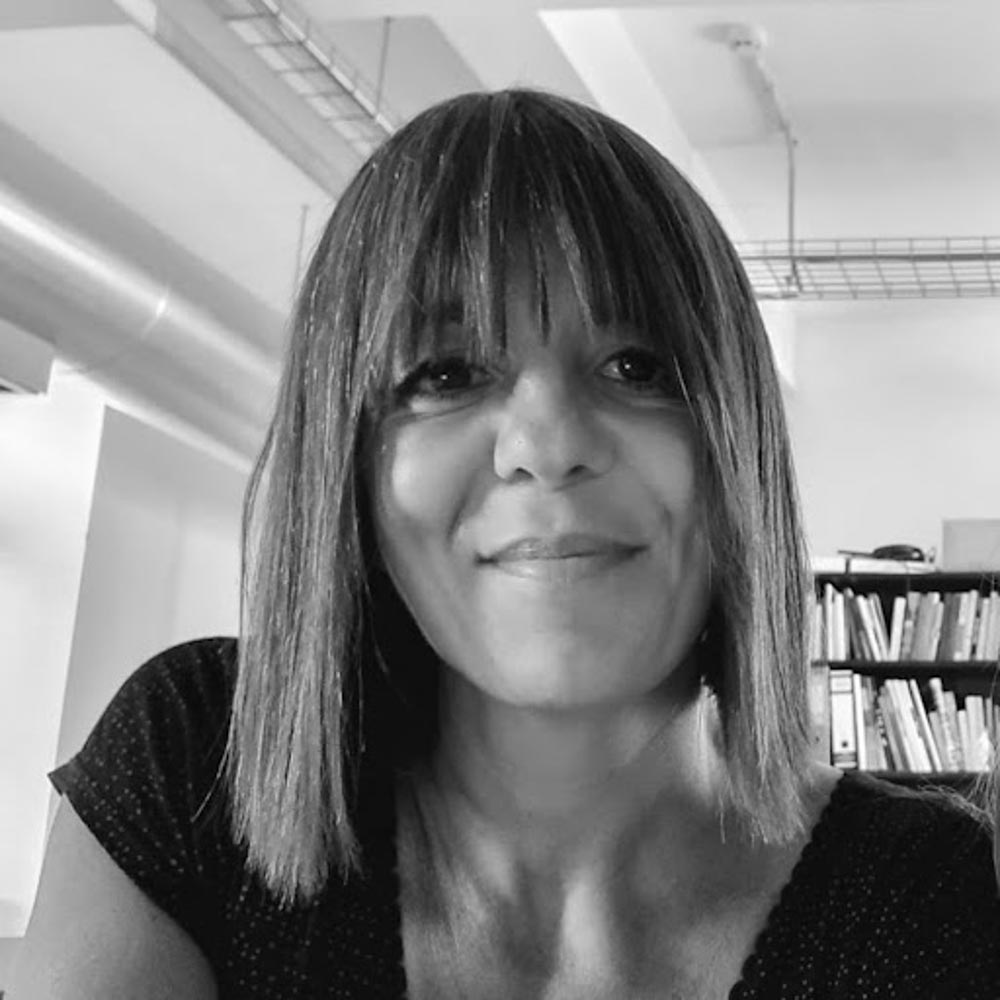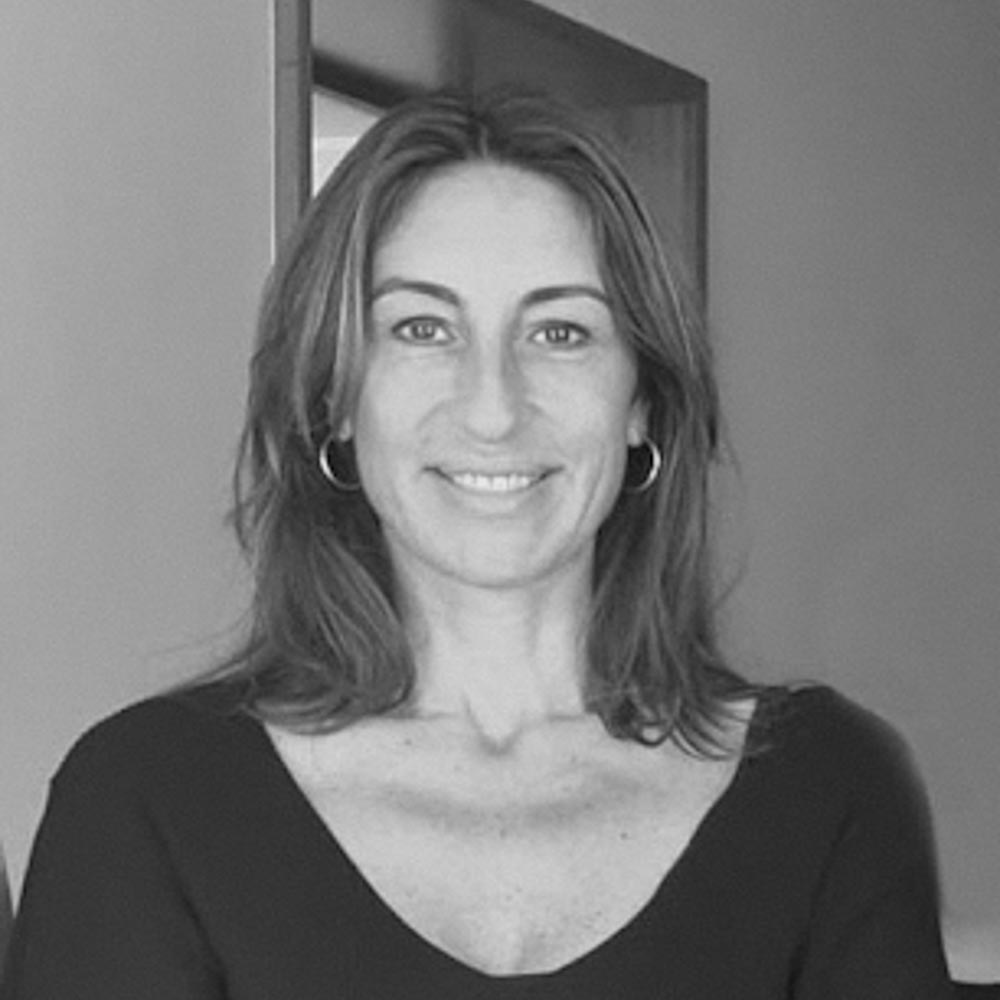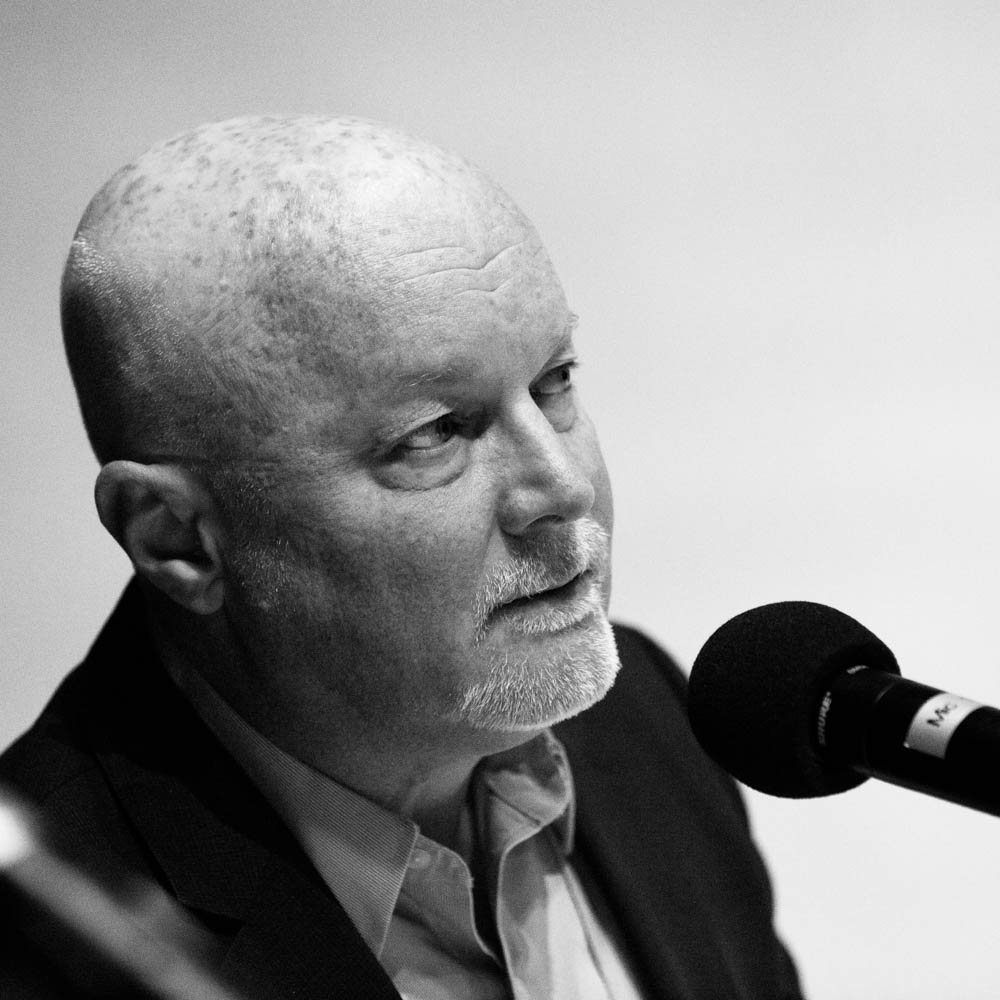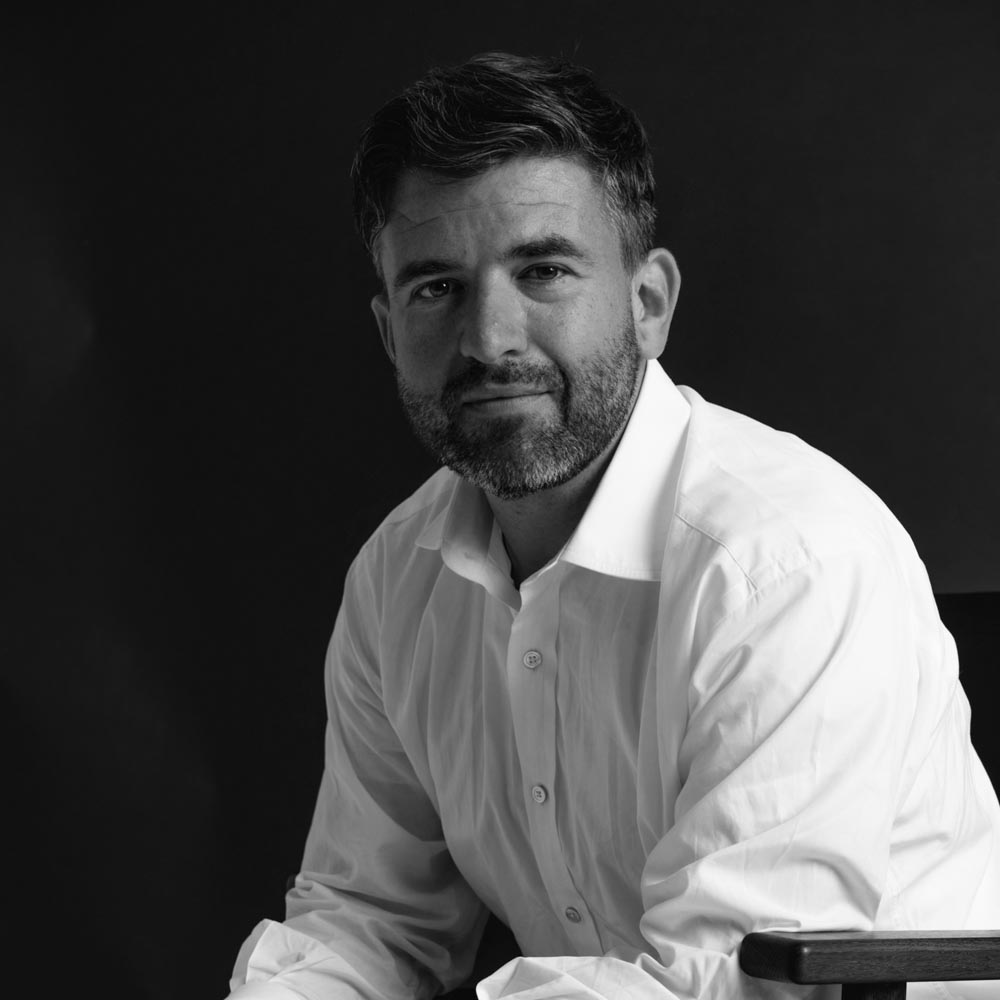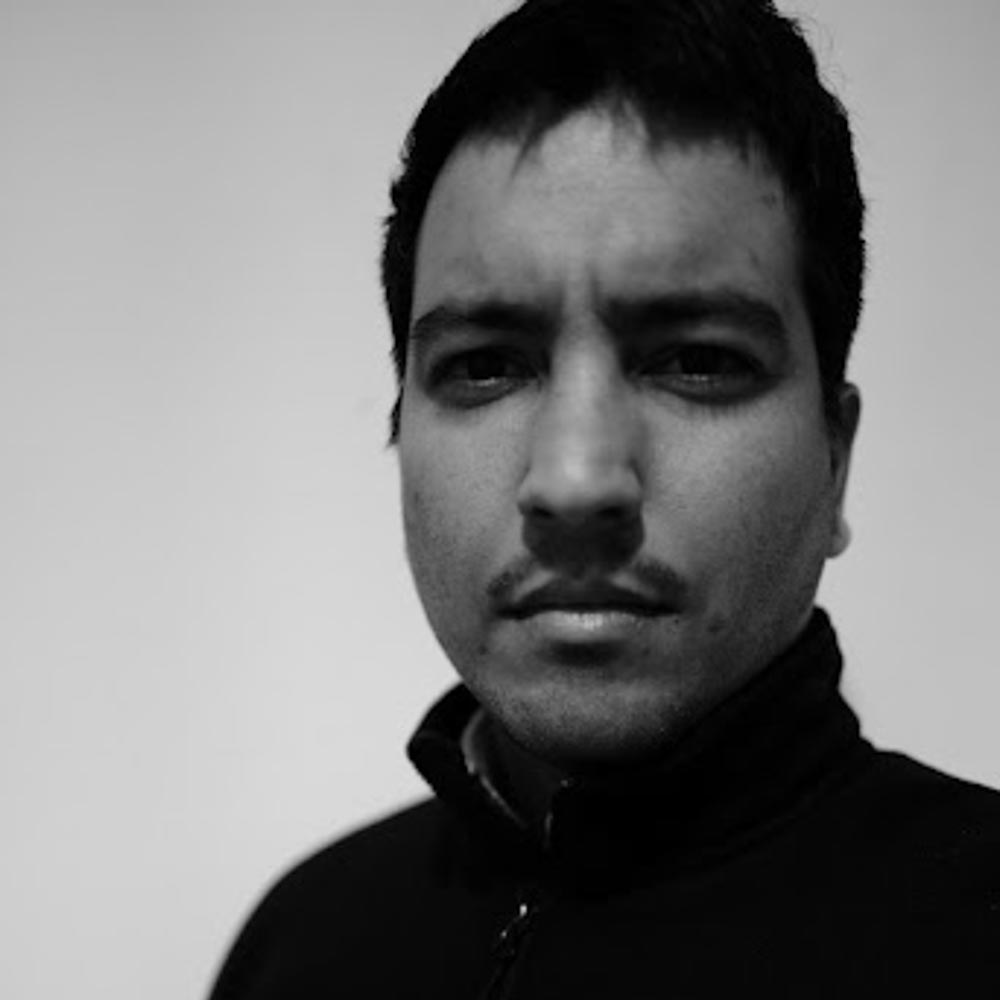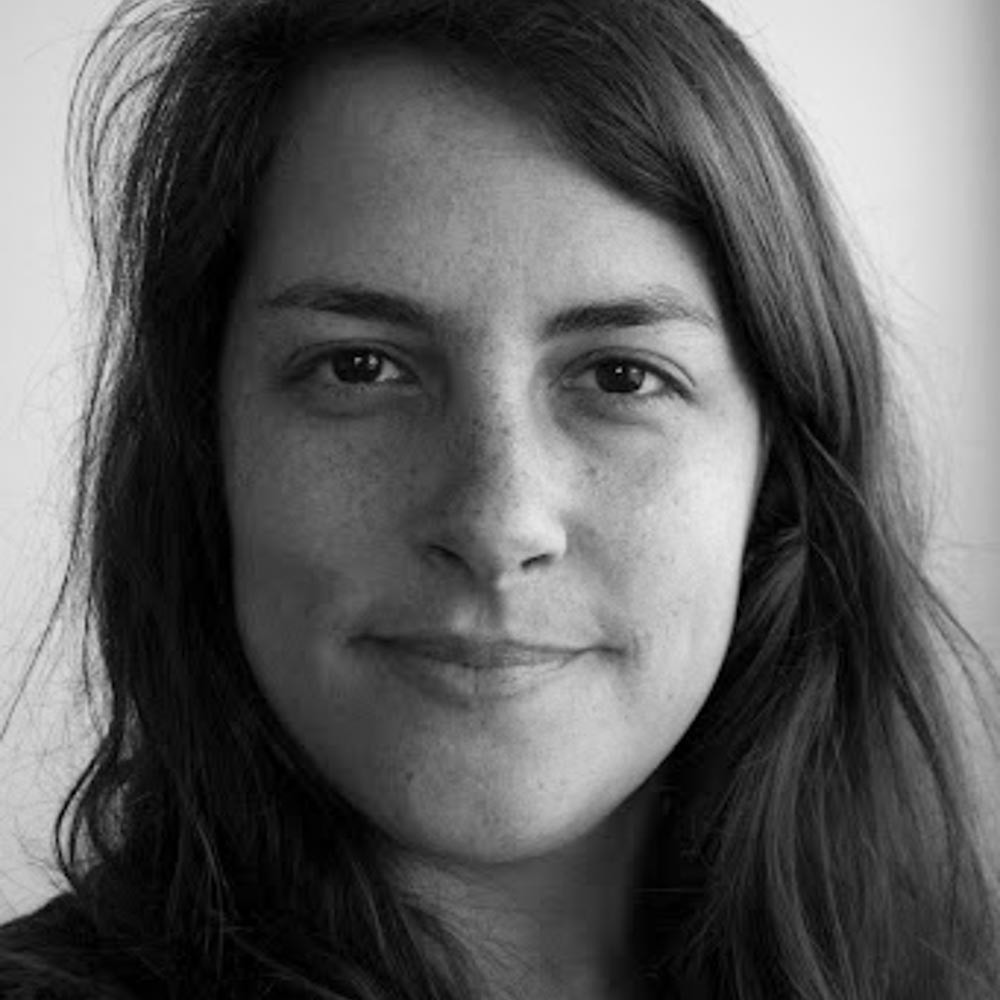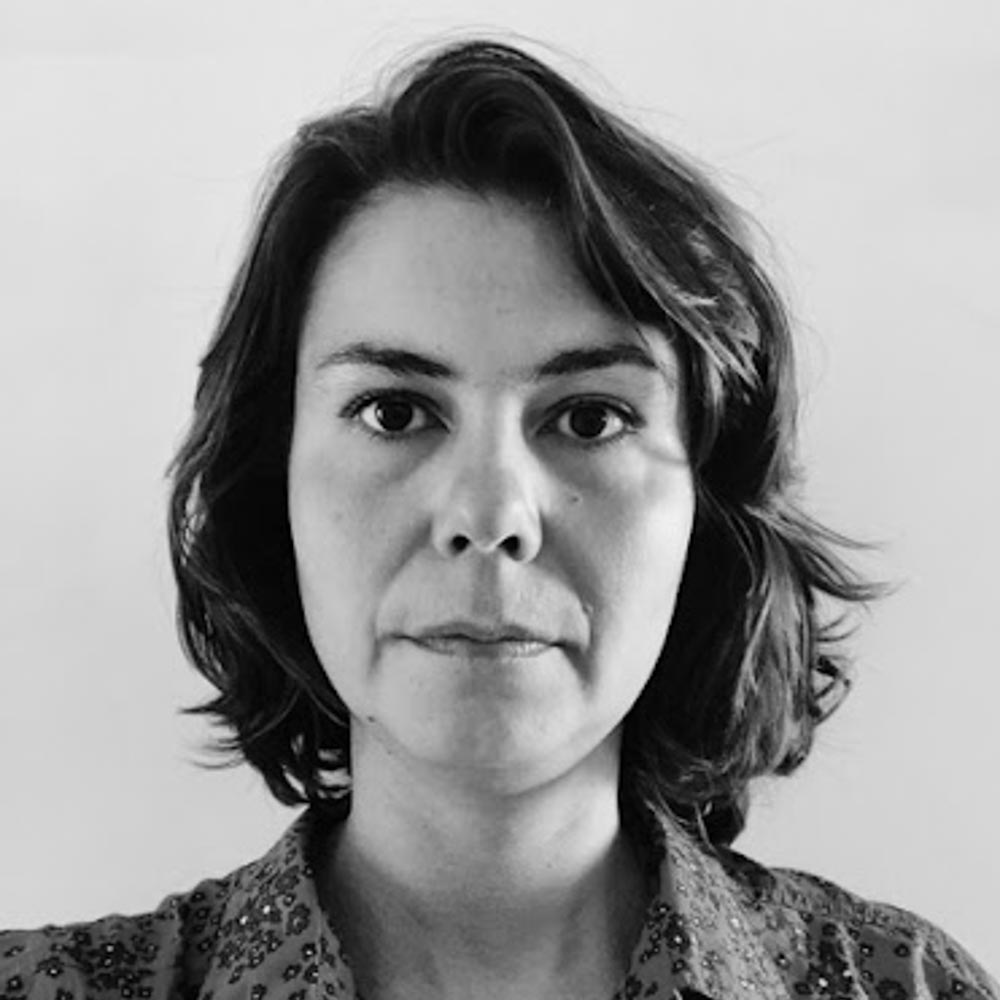Join us in Porto for ECADE2022!
July 07–10, 2022 | University of Porto, Portugal
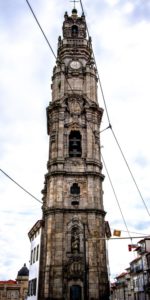
Strategically nestled on a beautiful stretch of the Iberian peninsula, and with over 2,000 years of history, Porto enjoys spectacular architecture, from the ancient to the modern, and the entire historic centre of the city, with its spectacular waterfront, is listed as a World Heritage Site. It is a renowned centre for great cuisine, and its world famous Port wine. This cultural, architectural and gastronomic centre will be an excellent venue for our conference.
Art | Design | Education
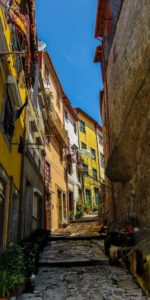

In focusing on the difference we make and hope to make, we welcome contributions from designers, artists and educators, but importantly also from the voices of others, from partners and collaborators, from those who are users, beneficiaries and audiences whether from other disciplinary communities, (computer science, sociology, anthropology, engineering, economics or geography) or from beyond academia, from entrepreneurs, policy makers, medical or health specialists, local businesses or community groups. The conference recognises that such cross-sector participation can help us understand not only how we produce and disseminate, but perhaps more critically in building a dialogue, how we are received and perceived.
We look forward to seeing you in Porto in 2022!
– The Organising Committee
Heitor Alvelos | University of Porto, Portugal
Anne Boddington | Kingston University, United Kingdom
Susana Barreto | University of Porto, Portugal
Joseph Haldane | The International Academic Forum, Japan
Donald E. Hall | University of Rochester, United States
Cláudia Raquel Lima | ID+ / Unexpected Media Lab, University of Porto & Lusófona University, Portugal
Michael Menchaca | University of Hawai’i at Manoa, United States
Eliana Penedos-Santiago | ID+ / Unexpected Media Lab, University of Porto & Polytechnic Institute of Leiria, Portugal
IAFOR Journal of Education (Scopus Indexed Journal)

- Venue & Location: University of Porto, Portugal
- Dates: Thursday, July 07, 2022 to Sunday, July 10, 2022
- Early Bird Abstract Submission Deadline: February 18, 2022*
- Final Abstract Submission Deadline: April 22, 2022
- Registration Deadline for Presenters: May 27, 2022
*Submit early to take advantage of the discounted registration rates. Learn more about our registration options.
Speakers
-
Mirian Nogueira TavaresUniversity of Algarve, Portugal
-
Susana de NoronhaCentre for Social Studies – University of Coimbra, Portugal
-
Lynn-Sayers McHattieGlasgow School of Art, United Kingdom
-
Clara GonçalvesInductiva Research Labs, Portugal
-
Manuel HeitorCenter for Innovation, Technology and Policy Research, IN+/IST – University of Lisbon; former Minister for Science, Technology and Higher Education, Government of Portugal
-
Jon WozencroftTouch, United Kingdom
-
Michael MenchacaUniversity of Hawai’i at Manoa, United States
-
Anne BoddingtonKingston University, United Kingdom
-
Heitor AlvelosUniversity of Porto, Portugal
Programme
-
Research Integrity: Replicability and Reproducibility in Art & Design ResearchFeatured Panel Discussion: Heitor Alvelos, Susana Barreto & Anne Boddington
-
How a Local Knowledge Network Can Impact the Generation of Economic and Social Value Within the CommunityKeynote Presentation: Clara Gonçalves
-
Viability and Sustainability of Creative Practices, Crafts and Traditional Industry SectorsKeynote Presentation: Lynn-Sayers McHattie
-
The Attention EconomyKeynote Presentation: Jon Wozencroft
-
Experiential Knowledge + Science + Art = Creative Ethnographic DrawingKeynote Presentation: Susana de Noronha
-
Against the Method: Recovering the Senses in the Age of HyperformattingKeynote Presentation: Mirian Nogueira Tavares
-
Beyond a Dialogue between the Sciences and the Arts in Times of UncertaintyKeynote Presentation: Manuel Heitor
-
Design and Technology in Online Spaces: Health, Work, Education and the FutureKeynote Presentation: Michael Menchaca
Organising Committee
The Conference Programme Committee is composed of distinguished academics who are experts in their fields. Conference Programme Committee members may also be members of IAFOR's International Academic Board. The Organising Committee is responsible for nominating and vetting Keynote and Featured Speakers; developing the conference programme, including special workshops, panels, targeted sessions, and so forth; event outreach and promotion; recommending and attracting future Conference Programme Committee members; working with IAFOR to select PhD students and early career academics for IAFOR-funded grants and scholarships; and overseeing the reviewing of abstracts submitted to the conference.
-
Michael MenchacaUniversity of Hawai’i at Manoa, United States
-
Eliana Penedos-SantiagoID+ / Unexpected Media Lab, University of Porto & Polytechnic Institute of Leiria, Portugal
-
Cláudia Raquel LimaID+ / Unexpected Media Lab, University of Porto & Lusófona University, Portugal
-
Anne BoddingtonKingston University, United Kingdom
-
Susana BarretoUniversity of Porto, Portugal
-
Heitor AlvelosUniversity of Porto, Portugal
-
Donald E. HallUniversity of Rochester, USA
-
Joseph HaldaneThe International Academic Forum (IAFOR), Japan
